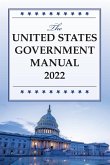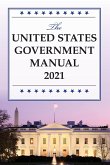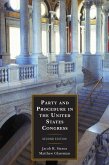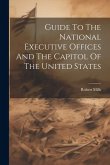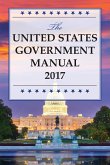Written by a Philadelphia lawyer, this nearly-forgotten book is an excellent treatise on the federal Constitution and openly discusses and defends the right of a State to withdraw from the Union. Wrote Rawle, "It depends on the State itself to retain or abolish the principle of representation, because it depends on the State itself whether it continues a member of the Union.... The secession of a State from the Union depends on the will of the people." What is not widely known today by the advocates of an "indivisible Union" is that this book was used to teach cadets at the United States Military Academy at West Point, New York from 1825 to 1826.
Bitte wählen Sie Ihr Anliegen aus.
Rechnungen
Retourenschein anfordern
Bestellstatus
Storno

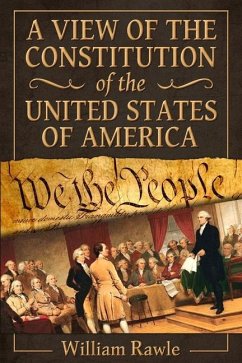
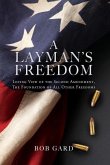
![A View of the State of Parties in the United States of America [microform]: Being an Attempt to Account for the Present Ascendancy of the French or De A View of the State of Parties in the United States of America [microform]: Being an Attempt to Account for the Present Ascendancy of the French or De](https://bilder.buecher.de/produkte/66/66164/66164677m.jpg)
